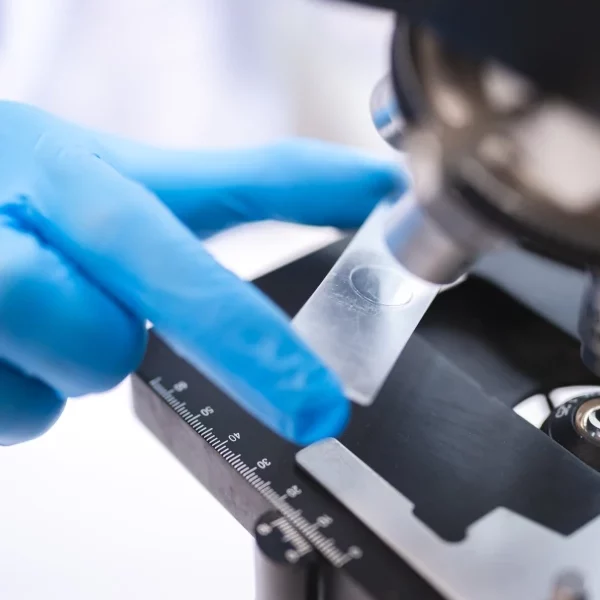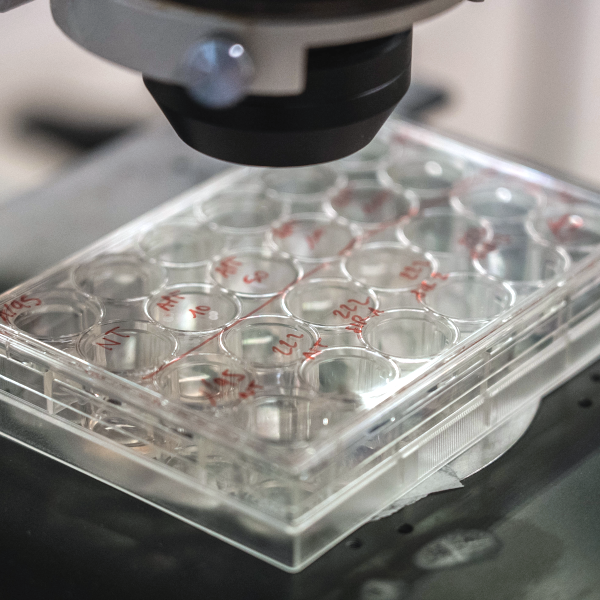Cystic fibrosis is a disease that affects various body organs in different ways. Treatment is decided upon and monitored at specialized centres. According to a national law (Law 548/1993), each Italian region has a specialized centre for the cystic fibrosis treatment available. The Regional Reference Centre has a multidisciplinary group of expert staff experienced in the disease: doctors, nurses, physiotherapists, dietitians, social workers, psychologists, consultants for specific complications. In some regions, support services have been established based on proposals from the Regional Centre and working in collaboration with it.
You can consult the complete list of Italian CF Centers and Support Services on the website of the Italian Society of Cystic Fibrosis (SIFC)(www.sifc.it).

It serves to remove the mucus that clogs the airways and promotes infections in the respiratory tract. Various techniques for removing or draining secretions are available. Treatment should be customized according to the patient’s age and respiratory condition, considering the compatibility of such therapy with the individual’s overall activities. Special attention is given to educating patients about the benefits of an active outdoor lifestyle that encourages movement and sport. Regular physical exercise not only supports a holistic development of the person affected, but also facilitates the elimination of secretions and enhances respiratory function.
It is used to liquefy mucus, dilate the bronchi, or administer antibiotics in order to manage chronic respiratory infection.
To eliminate or contain the load and aggressiveness of bacteria, particularly that of Pseudomonas aeruginosa and Staphylococcus aureus among others. It is administered orally, via continuous inhalation, intravenously in cycles or over extended periods. Antibiotics are chosen based on the bacteria isolated from sputum cultures periodically performed by each patient, as well as the specific sensitivities of these bacteria in in vitro tests (antibiograms).

A high-calorie, high-fat diet, combined with the administration of pancreatic enzymes at every meal to replace those the pancreas fails to produce. Additionally, supplementation with fat-soluble vitamins (A, D, E, and K) is essential. Supplementation with salt, especially in young children, particularly during hot weather or periods of sustained physical activity.
Thanks to scientific research, new therapeutic approaches have emerged that can correct the defects underlying cystic fibrosis. These are medications called CFTR protein modulators, capable of improving or in some cases even restoring the expression, function and stability of a defective CFTR.
There are currently four modulator drugs available that are effective for people with certain CFTR mutations: Kalydeco (whose active substance is ivacaftor), Orkambi (lumacaftor/ivacaftor), Symkevi (tezacaftor/ivacaftor), and Kaftrio (elexacaftor/tezacaftor/ivacaftor). These innovative pharmaceutical therapies are transforming the lives of many people with cystic fibrosis, with improvements in clinical and overall health.

Pulmonary inflammation is treated with cycles of corticosteroid therapy or other anti-inflammatory medications. Cortisone is especially used for the complication known as “allergic bronchopulmonary aspergillosis”. In adolescents and adults, the involvement of the pancreas can also lead to diabetes, which is treated with daily insulin injections. Various complications have specific treatments: intestinal contents liquefaction for obstructive syndromes, bile liquefaction for liver disease, and treatments to combat osteoporosis. For adults wishing to have children, male infertility can be addressed with medically assisted reproductive technologies. In cases of advanced lung disease with irreversible respiratory failure, a lung transplant may extend life expectancy.
Scientific research is constantly evolving to optimize existing therapies and identify new drugs for carriers of rare and ultra-rare CFTR mutations who currently lack effective treatment, and to address clinical manifestations that still remain without a cure.

CAUSES AND TRASMISSION
HEALTHY CARRIES
THE CFTR GENE
MANIFESTATION AND EVOLUTION
DIAGNOSIS